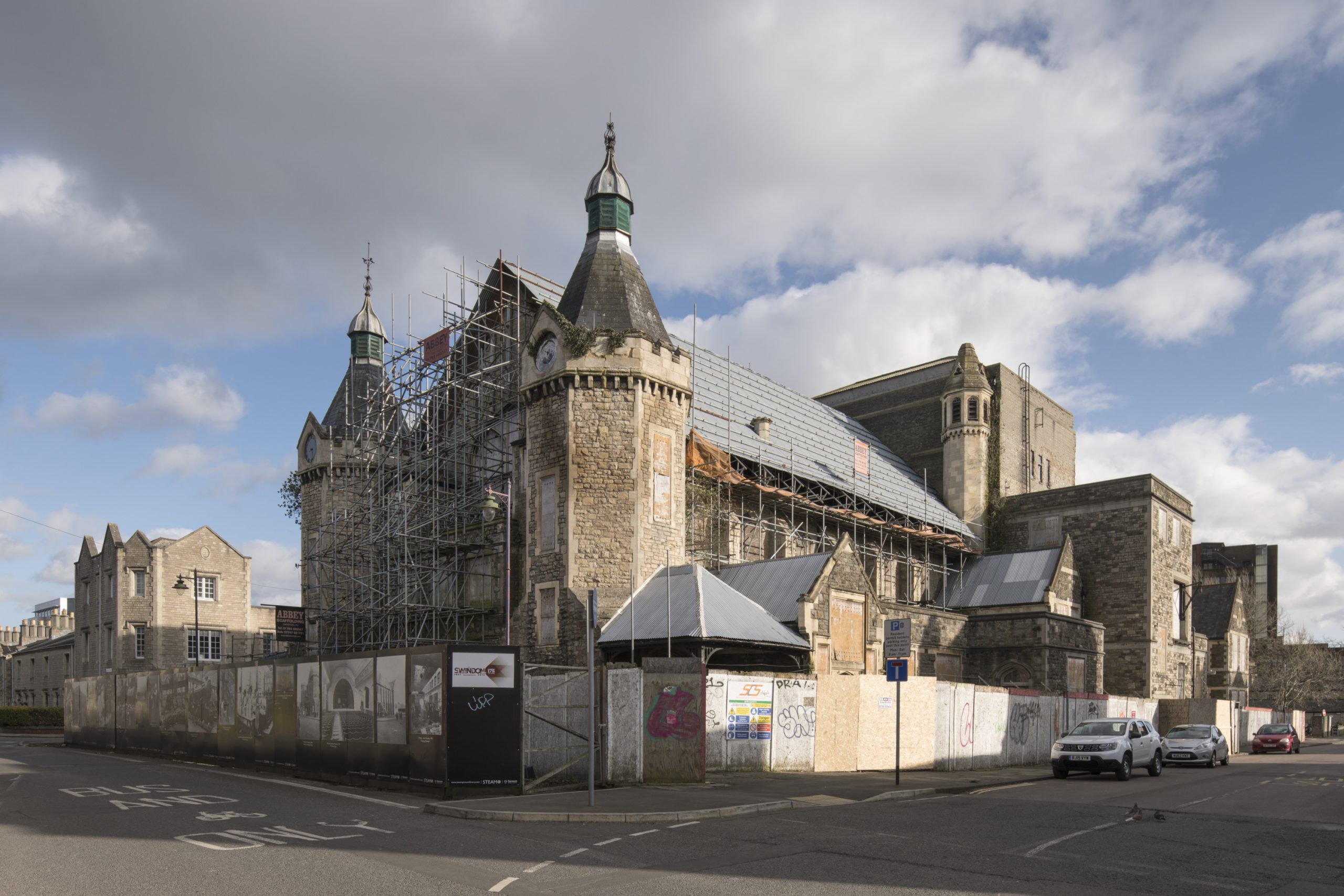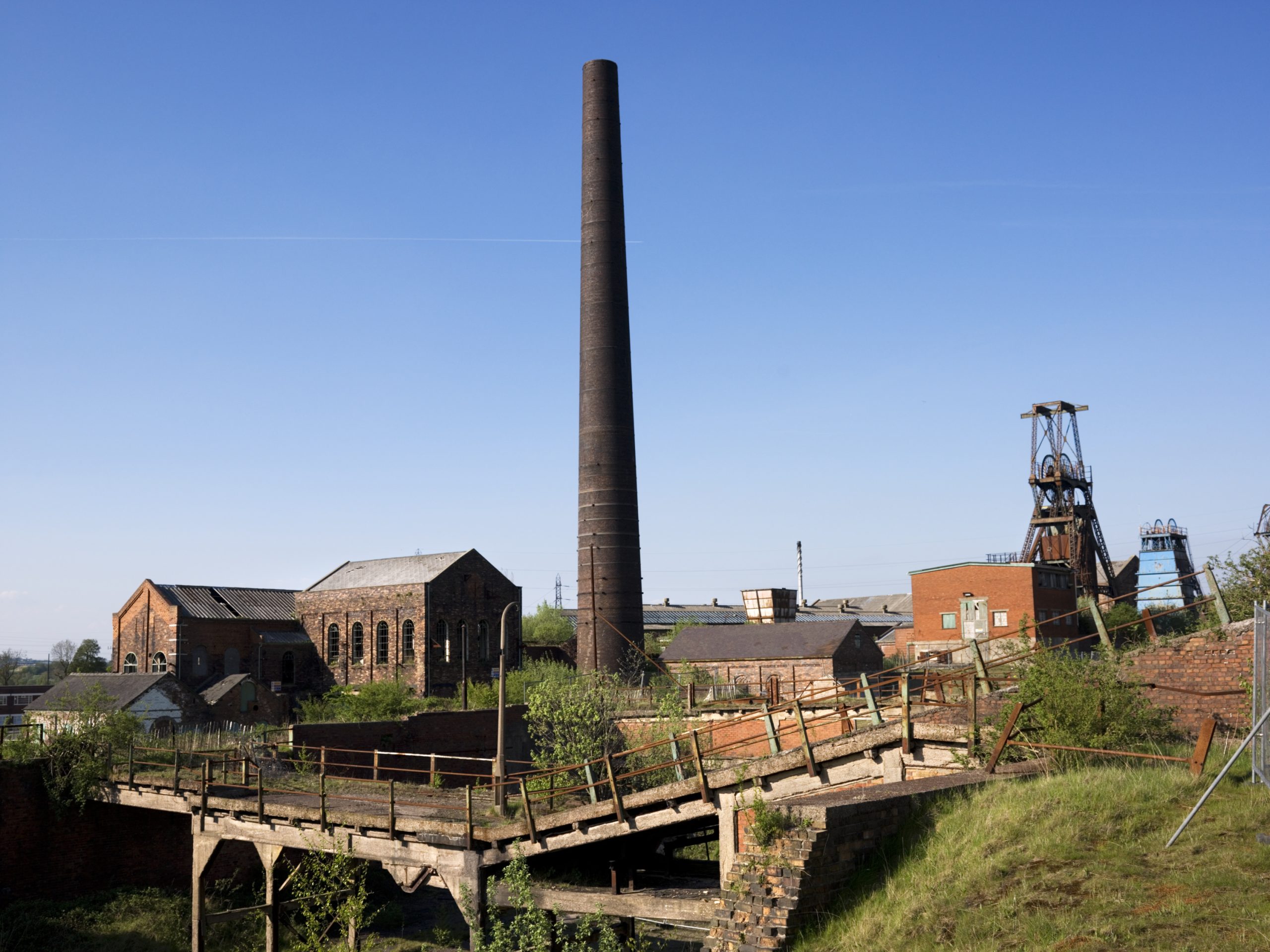Historic England reveals 17 historic sites across England with significant development potential
 Heritage Investment Prospectus.
Dalton Mills, Dalton Lane, Keighley, Bradford, West Yorkshire.
Heritage Investment Prospectus.
Dalton Mills, Dalton Lane, Keighley, Bradford, West Yorkshire.
Underused historic buildings across England could be given new life through a major investment initiative launched today by Historic England.
The Heritage Investment Prospectus, unveiled at the UK Real Estate Investment and Infrastructure Forum (UKREiiF) on 21 May, showcases 17 historic sites where owners are actively seeking investment partners or buyers.
The initiative aligns with the Government’s Plan for Change, supporting economic growth by helping developers identify pre-vetted heritage sites with significant development potential.
Claudia Kenyatta and Emma Squire, Director of Regions, Historic England, said: “This prospectus represents our commitment to work proactively with property industry partners to deliver transformational projects that protect our heritage while creating lasting value for investors and communities. Our historic buildings are better conserved when they’re in use rather than standing empty.”
 Some featured properties already have planning permission granted or agreed development briefs, reducing planning risks for potential investors looking to create homes, workspaces or mixed-use developments. For all of the sites featured, Historic England regional teams are ready to work with new investors to bring forward sustainable regeneration.
Some featured properties already have planning permission granted or agreed development briefs, reducing planning risks for potential investors looking to create homes, workspaces or mixed-use developments. For all of the sites featured, Historic England regional teams are ready to work with new investors to bring forward sustainable regeneration.
The prospectus highlights how investing in heritage can contribute to growth targets while preserving the nation’s historic fabric. Between 560,000 and 670,000 new homes could be created in England by repurposing existing historic buildings. Historic buildings are also attractive to creative industries, with the sector increasingly choosing historic settings for their operations, further boosting local economies.
Historic England has selected 17 sites across England with potential for development ranging from the former Royal Bank of Scotland in Plymouth to the Bishop Auckland Co-op in County Durham. Development opportunities include former textile mills and military sites, as well as historic public and commercial buildings.
Heritage Minister Baroness Twycross said: “Our historic buildings represent not just our past, but a significant opportunity for our future. This prospectus clearly sets out the variety of opportunities for investment in historic sites and buildings across England. By investing in what is already in place, we can use our heritage to improve sustainability and to drive the country’s economic growth.”
Historic England plans to publish the prospectus annually, featuring new opportunities each year.


